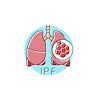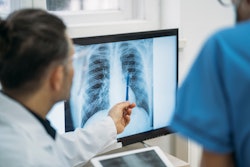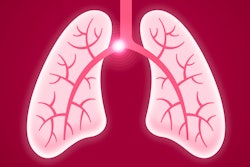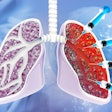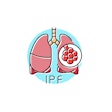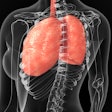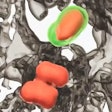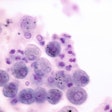
A promising phase 1 clinical trial involving therapeutic cell infusions from the heart appear to be safe for people with pulmonary arterial hypertension (PAH). This form of high blood pressure occurs in the blood vessels of the lungs. Middle-aged women appear to be affected the most.
The recent Cedars-Sinai study is promising, considering the high mortality rate of this condition.
“We tried a fundamentally different approach — cell therapy delivered into the pulmonary artery — and found encouraging results in patients already on combination conventional therapy," said Eduardo Marbán, MD, PhD, executive director of the Smidt Heart Institute at Cedars-Sinai in Los Angeles.
Although PAH is a rare disease, there currently is no cure. The average median life expectancy with treatment is approximately 6.2 years after diagnosis.
Approved drug treatment is designed to open blood vessels in the lungs, allowing for better blood flow. Unfortunately, studies on lungs in patients in treatment show severe occlusive vessel changes remain. Additionally, current treatments don’t address many of the complex underlying mechanisms that cause the high pulmonary pressures. Patients being treated for with pulmonary arterial hypertension can develop severe dysfunction in the right ventricle of the heart, where blood is pumped to the lungs for survival.
All the participants were on combination PAH-specific medications throughout the course of the study. Researchers tracked participants for 12 months after the infusions. No adverse effects were reported, and researchers were surprised to learn that 16 participants appeared to have improved cardiopulmonary health after the infusion therapy.



